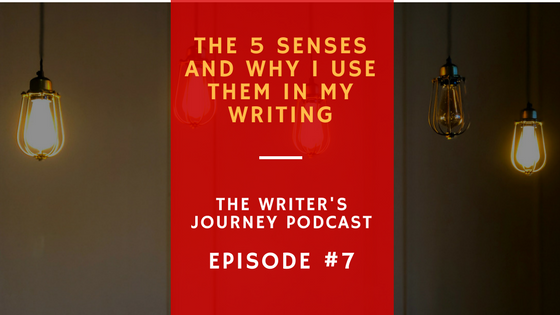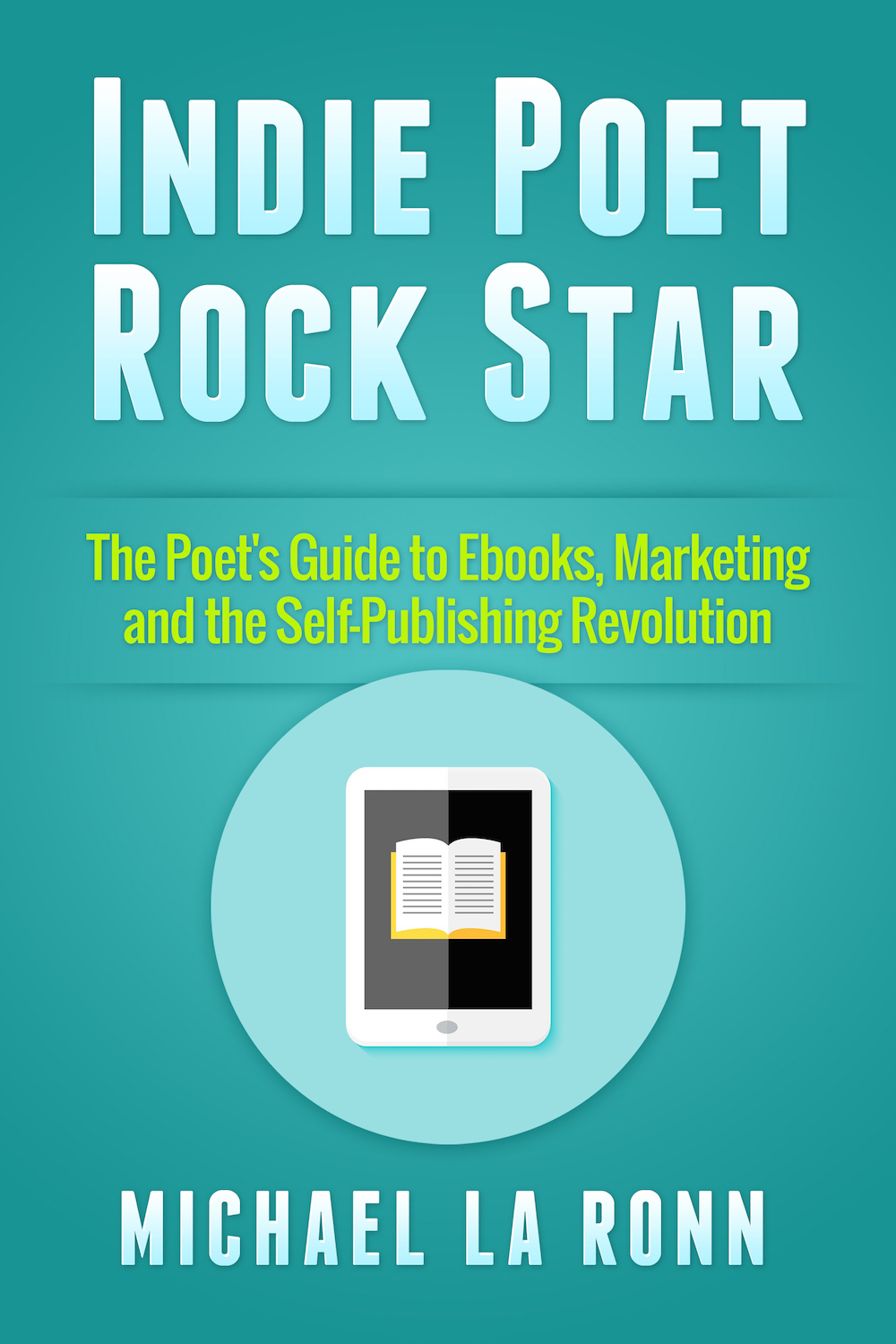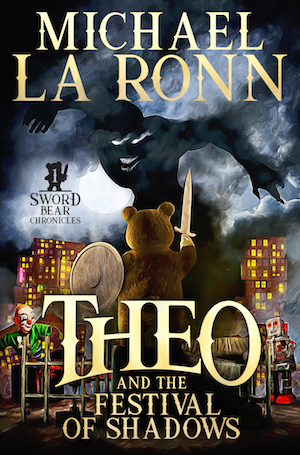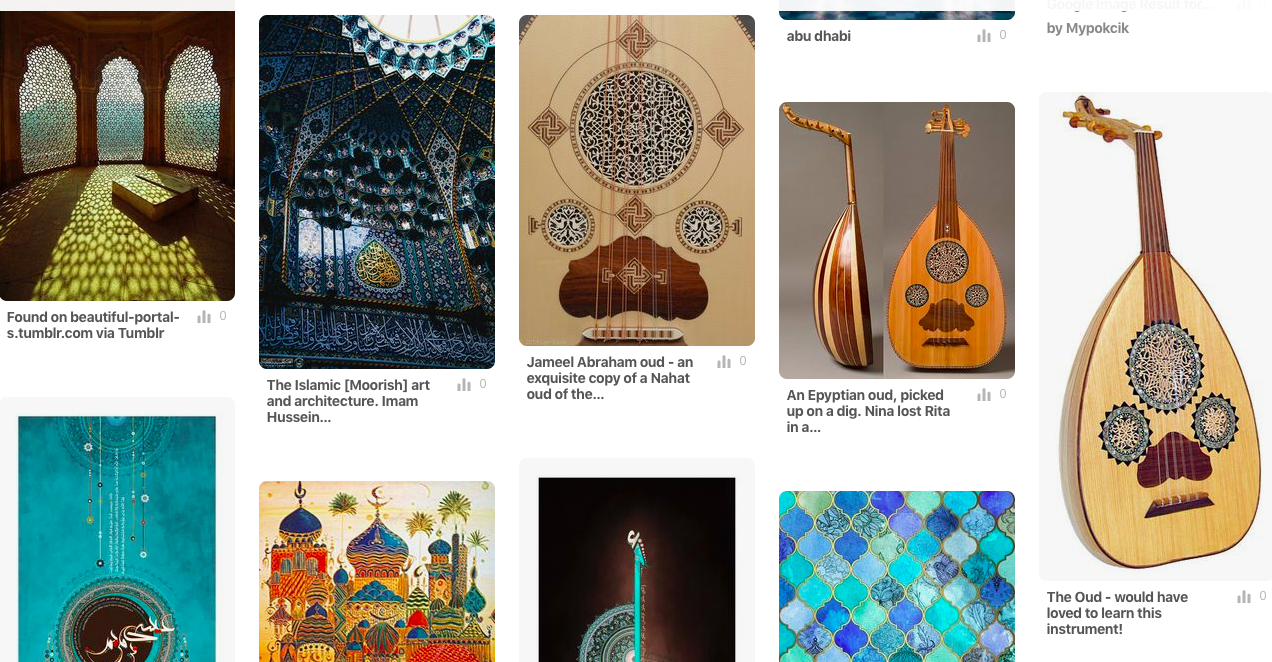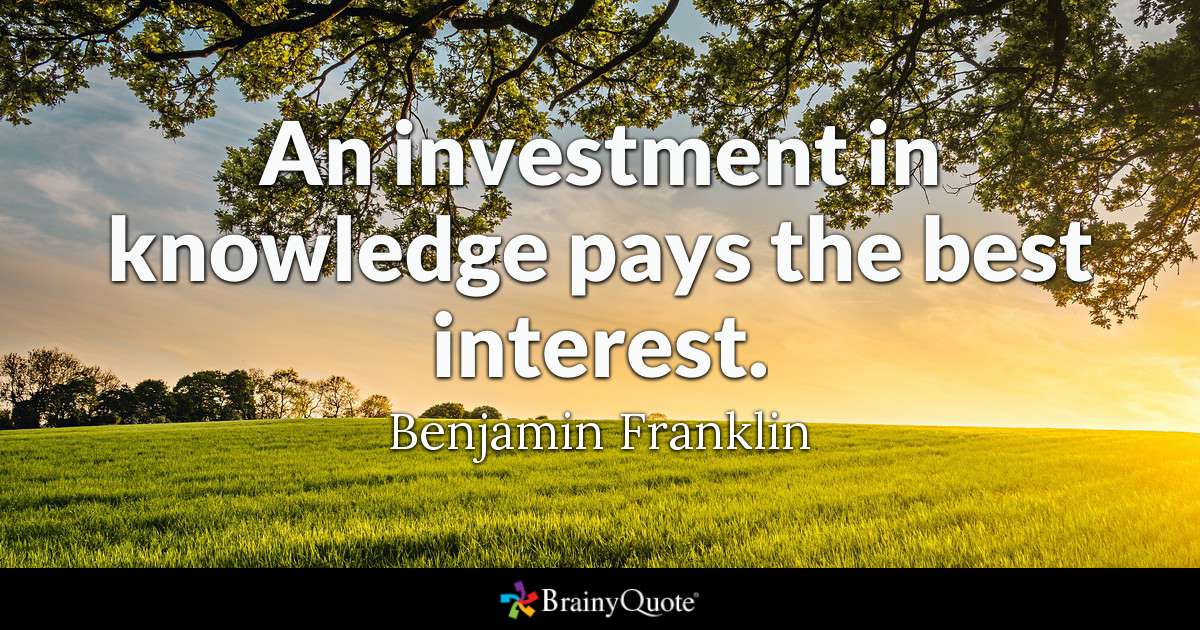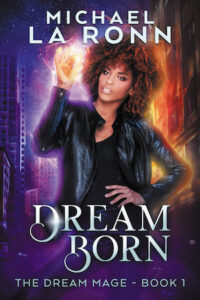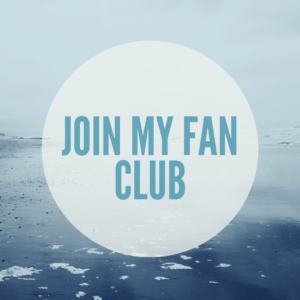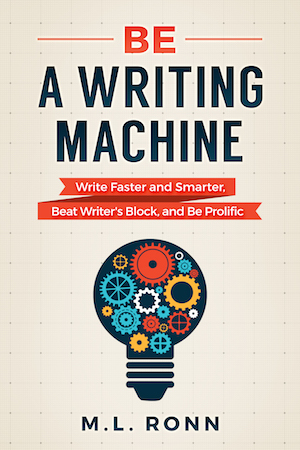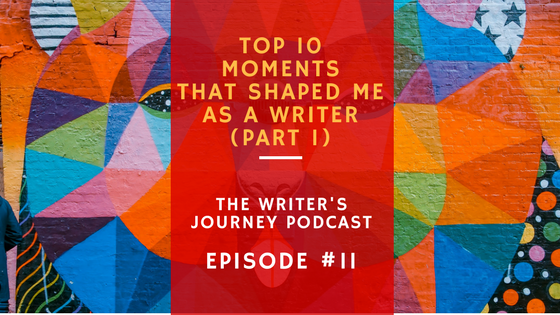
Ep 11: Top 10 Moments that Shaped Me as a Writer, Part 1
This week's episode is sponsored by Michael's Fantasy Guild & Sci-Fi Alliance Fan Clubs!
Did you know that you can subscribe to Michael's fan clubs to get updates when he releases new novels + special launch pricing? AND you get 3 free novels just for signing up!
If you're an avid reader of Michael's work, these clubs pay for themselves on day 1.
Join today at www.michaellaronn.com/fanclub
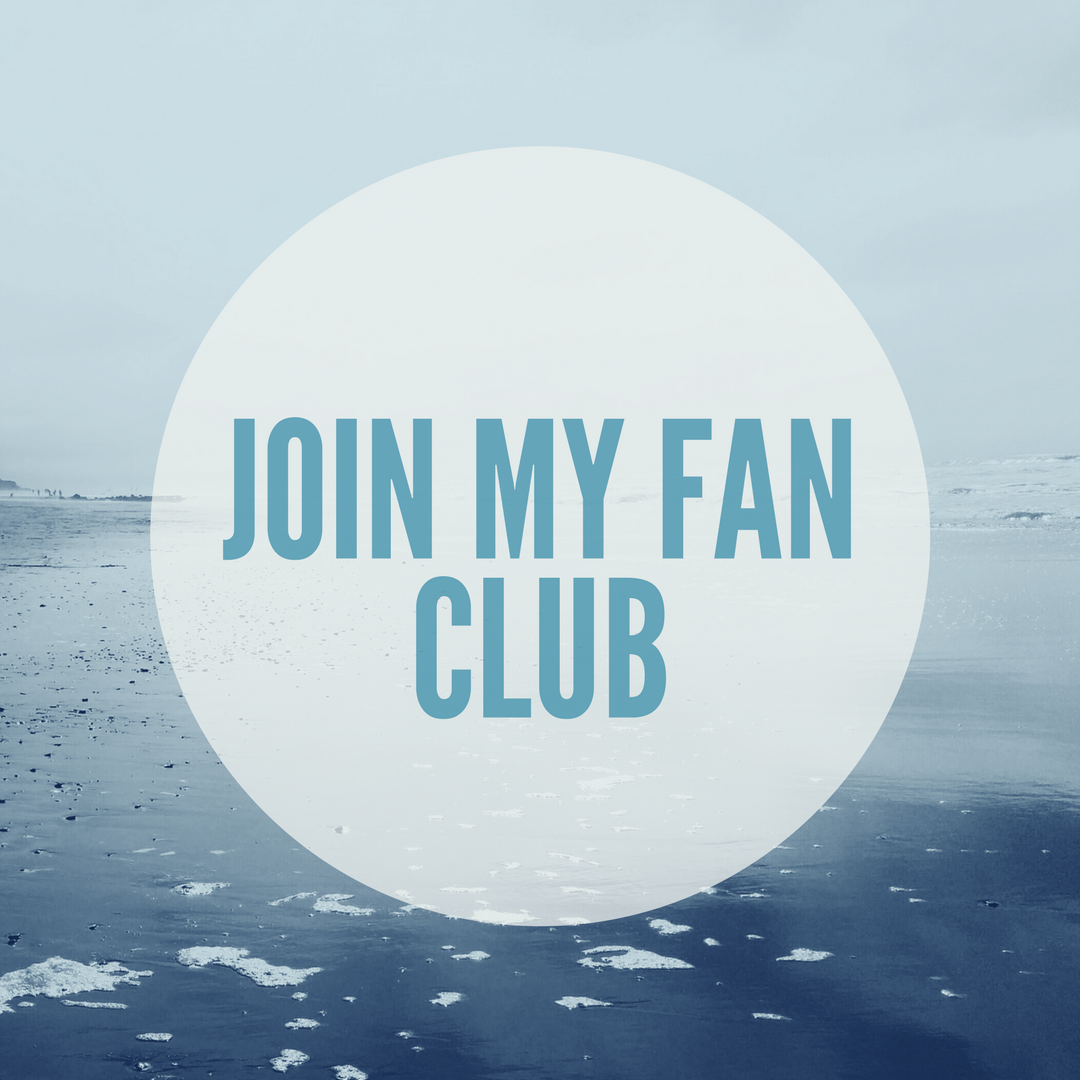
SHOW NOTES
Quick overview of this week's show:
- Top 10 Moments that shaped me as a writer and made me who I am today.
- Some incredible books that transformed the way I think.
Sound/Music Credits for this week's episode
Intro/Outro Music: “Kick. Push” by Ryan Little.
TRANSCRIPT
In this week’s episode, I’m rewinding through my life and counting down the top 10 most important moments that shaped me as a writer. I’m starting with the present and moving backward.
#10? The experience with my biological father. It confirmed why I’m a writer in the first place. Stay tuned to find out the rest.
Hello, and welcome to episode 11. This week, I thought I’d spend some time talking about critical events in my life that made me the artist I am today.
I already mentioned in the intro that #10 was the search for my biological father. I talked about that in episode 5 – Searching for My Biological Father, so if you haven’t heard that one, be sure to give it a listen.
#9: Taking Courses with Dean Wesley Smith
Moving on to #9, that would be taking courses with Dean Wesley Smith at WMG Publishing.
If you’ve never heard of Dean, he’s a USA Today bestselling author and the guy who wrote all the Star Trek books I read when I was growing up.
He’s a prolific writer and his courses are jam-packed with amazing advice that have taken my craft to the next level. Dean Wesley Smith's courses expanded my mind and helped me understand writing on a deeper level.
#8: Reading the Works of Swami Vivekananda
Moving on: #8 is reading the works of Swami Vivekananda. Swami Vivekananda was a Hindu monk who lived in the 1800s and early 1900s, and he was responsible for introducing the western world to Hindu spirituality and philosophy.
Sometime in 2011 I stumbled upon his complete works, and I was completely blown away at how he saw the world.
Some of the things he preaches are mantras that I live by daily. In fact, if you delved into the philosophical undercurrents of my stories, you would find that they center on many of Vivekananda’s key assumptions about spirituality.
I talk more about Swami Vivekananda in my book, Be a Writing Machine, so be sure to check out the book if you want to know more about how he developed me as a writer.
#7: Discovering Ray Bradbury
#7 is discovering the works of Ray Bradbury. I picked up Fahrenheit 451 in 2010 on a whim, and my life was never the same. The way Bradbury wrote, it was like music, like pure intoxication. I told myself if I could ever be half the writer he was, then I would be somebody.
Bradbury's prose was beautiful, so imaginative and evocative, while still having a fast-moving story. I strove to find that balance in my own work.
I was also blown away by Bradbury’s prolific nature—I too wanted to be an author with hundreds of works on the shelf.
Something about Bradbury’s personality just clicked with me—it told me it was okay to write a lot of stuff, and to write a lot of different stuff, too.
A great book that outlines many of Bradbury’s philosophies about the world is Listen to the Echoes: The Ray Bradbury Interviews. It’s essential reading for any Bradbury fan.
#6: Learning Spanish
Spanish, you ask?
Yes, I am bilingual.
I started speaking Spanish in the seventh grade. I wanted to take a shop class for my elective, but it was full, so my guidance counselor forced me to take Spanish, and I went into that classroom kicking and screaming. It ended up being one of the top ten moments of my life.
I majored in Spanish in college, and studied abroad to Costa Rica, Nicaragua, and Panama.
My first job out of college was as a bilingual claims adjuster for a Fortune 100 insurance company. I was way in over my head, but I took the leap of faith. I became fluent on the job, and there were many days where all I spoke was Spanish. I did this for nearly five years.
Honestly, my love of Spanish could be a podcast episode in and of itself.
Why did this impact me as a writer? Because I learned the nuances of another culture, and how easy it is for things to get lost in translation.
Writers are translators. We translate the language of the mind into something that readers can see, feel, and experience.
In order to keep people reading, we have to translate what’s in our head and hearts and color it so that it means something to the person on the other side of the page. Often, writers think they are doing that, but they are actually falling short.
Learning to speak Spanish on a practical level helped me see weaknesses in my storytelling in a different way. And it taught me how to shore up those weaknesses so that I could start speaking to people on their level.
That’s it for this week’s episode. In next month’s Behind the Scenes episode, I’ll go over the top 5 moments that shaped me as a writer. And these events are even more life-changing.
QUOTE OF THE WEEK
“This world is but a canvas to our imagination.”
Henry David Thoreau
Show's over, but it doesn't have to stop here.
If you liked this episode, you and me are probably kindred spirits.

